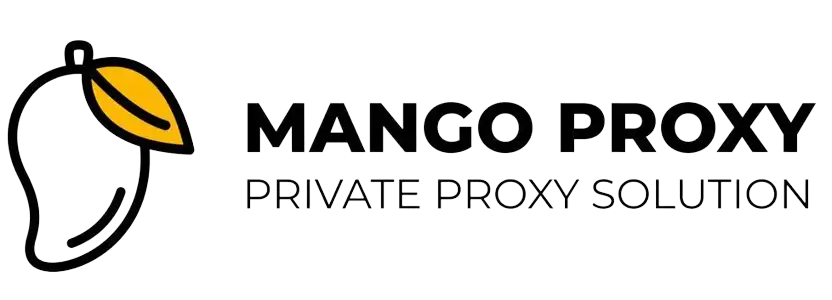GoScrapy aims to be a powerful web scraping framework in Go, inspired by Python's Scrapy framework. It offers an easy-to-use Scrapy-like experience for extracting data from websites, making it an ideal tool for various data collection and analysis tasks, especially for those coming from Python and wanting to try scraping in Golang..
Goscrapy requires Go version 1.22 or higher to run.
go mod init books_to_scrapego install github.com/tech-engine/goscrapy@latestNote: make sure to always keep your goscrapy cli updated.
goscrapy -vgoscrapy startproject books_to_scrapeThis will create a new project directory with all the files necessary to begin working with GoScrapy.
\iyuioy\go\go-test-scrapy> goscrapy startproject books_to_scrape
🚀 GoScrapy generating project files. Please wait!
✔️ books_to_scrape\constants.go
✔️ books_to_scrape\errors.go
✔️ books_to_scrape\job.go
✔️ main.go
✔️ books_to_scrape\record.go
✔️ books_to_scrape\spider.go
✨ Congrates. books_to_scrape created successfully.In your spider.go file, set up and execute your spider.
For detailed code, please refer to the sample code here.
package scrapejsp
import (
"context"
"encoding/json"
"fmt"
"log"
"github.com/tech-engine/goscrapy/cmd/gos"
"github.com/tech-engine/goscrapy/pkg/core"
)
type Spider struct {
gos.ICoreSpider[*Record]
}
func NewSpider(ctx context.Context) (*Spider, <-chan error) {
// use proxies
// proxies := core.WithProxies("proxy_url1", "proxy_url2", ...)
// core := gos.New[*Record]().WithClient(
// gos.DefaultClient(proxies),
// )
core := gos.New[*Record]()
// Add middlewares
core.MiddlewareManager.Add(MIDDLEWARES...)
// Add pipelines
core.PipelineManager.Add(PIPELINES...)
errCh := make(chan error)
go func() {
errCh <- core.Start(ctx)
}()
return &Spider{
core,
}, errCh
}
// This is the entrypoint to the spider
func (s *Spider) StartRequest(ctx context.Context, job *Job) {
req := s.NewRequest()
// req.Meta("JOB", job)
req.Url("https://jsonplaceholder.typicode.com/todos/1")
s.Request(req, s.parse)
}
func (s *Spider) Close(ctx context.Context) {
}
func (s *Spider) parse(ctx context.Context, resp core.IResponseReader) {
fmt.Printf("status: %d", resp.StatusCode())
var data Record
err := json.Unmarshal(resp.Bytes(), &data)
if err != nil {
log.Fatalln(err)
}
// to push to pipelines
s.Yield(&data)
}Please follow the wiki docs for details.
GoScrapy is not stable, so its API may change drastically. Please exercise caution when using it in production.
GoScrapy is available under the BSL with an additional usage grant that allows free internal use. Please ensure that you agree with the license before contributing to GoScrapy, as by contributing to the GoScrapy project, you agree to the terms of the license.
Cookie managementBuiltin & Custom Middlewares supportCss & Xpath Selectors- Logging
- Triggers
- Tests(work in progress)


